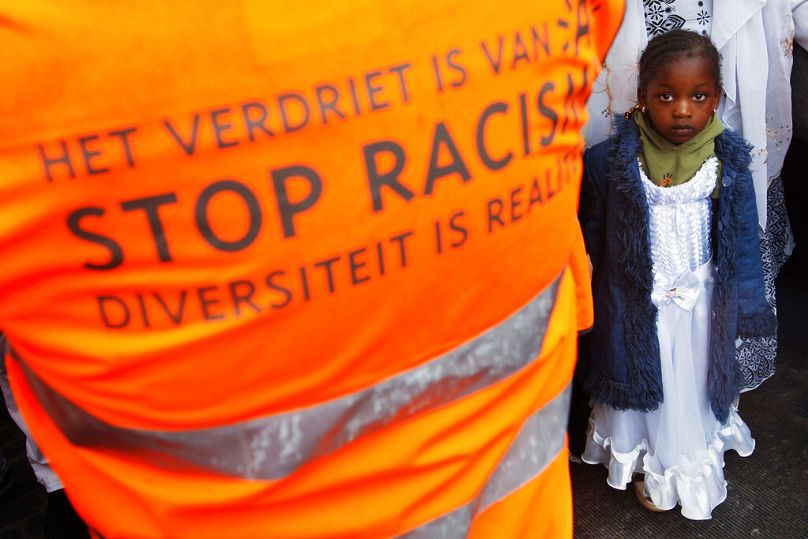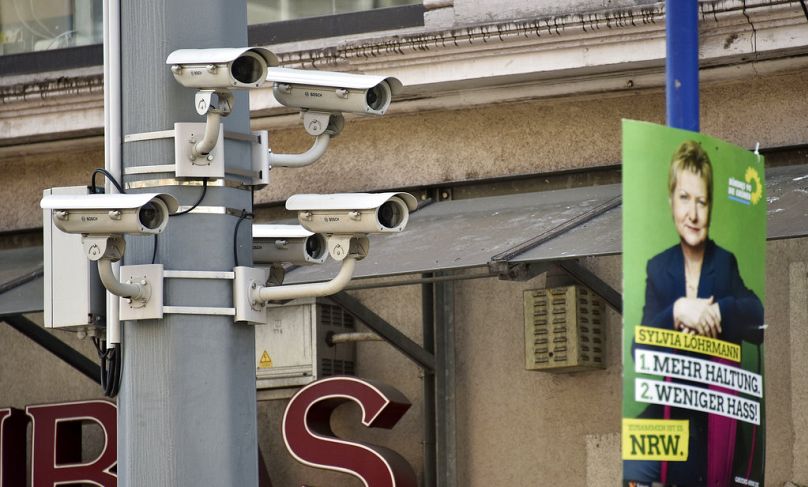All eyes on EU: Will Europe’s AI legislation protect people’s rights?
As the EU’s AI Act moves into the final phase of negotiations, key battles arise for the protection of human rights.
The first binding legislation on AI in the world and is likely to affect further global regulation efforts, the EU’s AI Act, is now in the final phase of negotiations.
As the EU moves into trilogues — the inter-institutional negotiations that determine the final legislation — the key question will be how far the AI Act centres issues of human rights and the concerns of people affected by “risky” AI systems.
In Europe and around the world, AI systems are used to monitor and control us in public spaces, predict our likelihood of future criminality, “prevent” migration, predict our emotions, and make crucial decisions that determine our access to public services, like welfare.
Whilst the European Parliament heads into the negotiations with a human rights mandate — including bans on risky technologies like facial recognition in public — some EU governments look to expand the capacity of the police to use AI to watch us.
Who protects us from police tech?
What’s at stake for people subject to these systems?
Up for debate over the next months will be the limits for police’s use of surveillance technology, how far people affected can challenge the use of AI, and how far companies should play a role in deciding the reach of this legislation.
As we watch the painful and infuriating consequences of unchecked police power in France, we cannot ignore the descent into a state of heightened surveillance and violence enacted by police.



